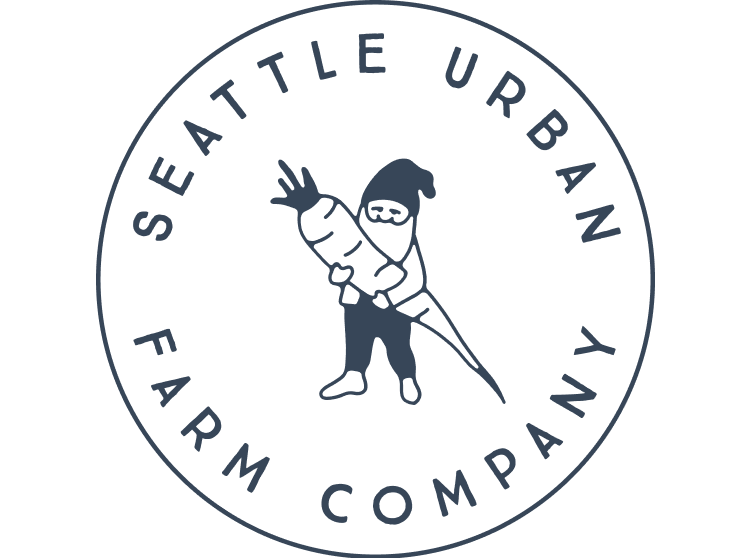The Importance Of Appropriate Wash and Pack Infrastructure
By Brad Halm
Small-scale organic produce farmers carry a lot of responsibility on their shoulders. We spend most of our time and energy just growing the food- analyzing the soil and amending it with minerals and organic compost, planting seeds, tending the greenhouse, setting out transplants, irrigating, weeding, scouting for pests...the tasks sometimes seem endless. But the job doesn’t end with harvesting- we need to make sure that the produce is washed and packed appropriately to ensure the highest food safety standards at met for the consumer.
Although food safety has not always been at the forefront of the news, recent outbreaks of foodborne have brought this subject into the spotlight in the past decade. Most outbreaks have been associated with large-scale industrial farming, but that’s not to say small-scale growers should turn a blind eye to the issue. It’s something we all must focus on, because bacterial contamination can occur no matter how organically or sustainably the crop was grown.
Many types of produce are eaten raw, and these are the most important crops to consider from a food safety standpoint. Take salad mix, for example. We know our customers will be feeding these greens to their friends and family, so we must do our best to make sure it is not only grown in an environmentally sound fashion, but is washed, stored, and transported in a way that minimizes the chance of bacterial contamination.
To do this, we need the right tools and infrastructure for the job. Our process starts with a rigorous hand washing schedule, sanitizable harvest bins and clean knives. Produce wagons and sacrificial “ground boxes” keep our clean harvest bins off the ground. Once the greens are harvested, they go through a 3-stage rinsing and sorting process that removes field dirt and damaged leaves. An organically approved sanitizer in the rinse water keeps any errant pathogens on the greens from spreading.
A dedicated, protected packing area keeps birds and other animals away from our infrastructure when it’s not in use, and keeps us dry and protected from the elements while we’re washing. When the greens are clean, they are immediately packed and loaded into our delivery truck. If we’re not delivering that same day, the produce goes into a walk-in cooler, where it’s stored at appropriate temperatures to maximize freshness and prevent pathogens from growing.
This sounds like a lot of extra work and expense, and it is. Responsible farmers have been pioneering sustainable farming practices for hundreds of years, and are now doing the same with on-farm food safety. But this does not exempt consumers from responsibility (I also eat lots of produce, so I’m happy to consider myself both a farmer and a consumer). There are food safety practices we can employ at home, like giving our produce a good rinse before we eat it, and washing our hands before we prepare food.
We can also choose to support farmers who grow food sustainably AND handle it safely. Don’t be afraid to pay a little extra to support your local farmer! We can also take responsibility as a society to support the growth and development of a healthy, financially viable farming economy. Beginning farmers have ever-increasing start up costs, yet have extremely limited access to capital. Investment is hard to come by because returns on most farming enterprises aren’t high enough to attract private investment, and is considered too “risky” to attract interest from banks.
So I’m talking to everyone out there who believes that sustainable farming is a vital part of our future: get out and help! Contribute to a crowd funding campaign, ask your local credit union to make some higher risk loans to farmers, and consider investing in a farm directly or through an organization like Slow Money. We farmers will thank you and I think you’ll thank yourself as move into the role of a responsible consumer.
Visit: https://www.barnraiser.us/projects/new-greenhouses-at-seattle-urban-farm-co to contribute to our Barnraiser campaign to build new greenhouses and wash and pack infrastructure at our Urban Fringe Farm.

